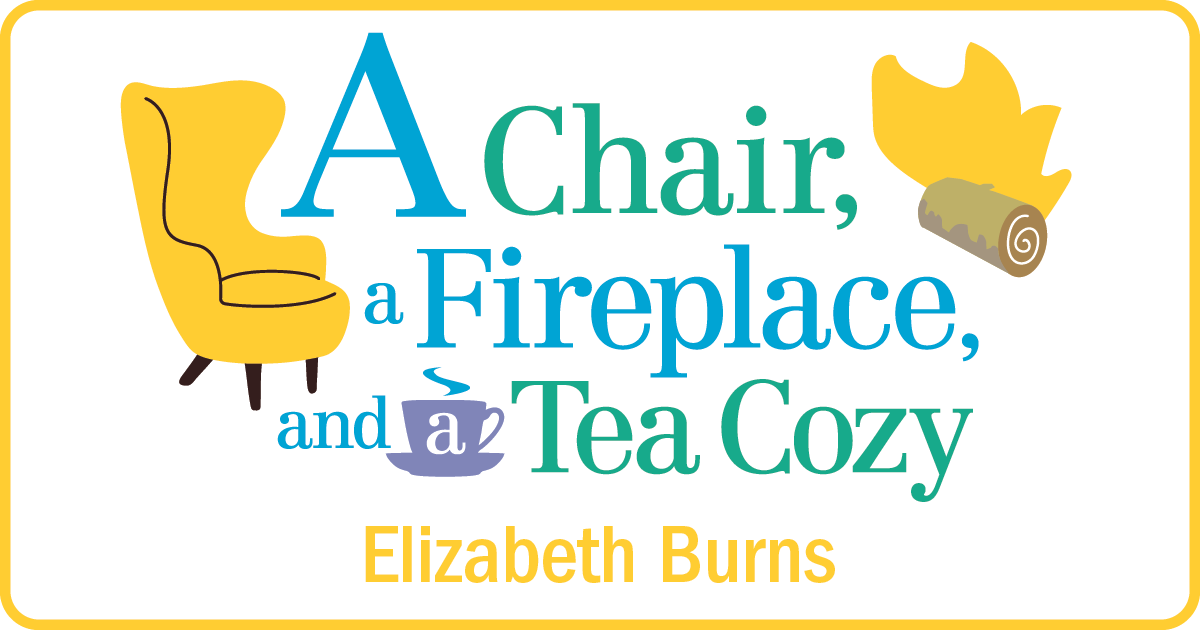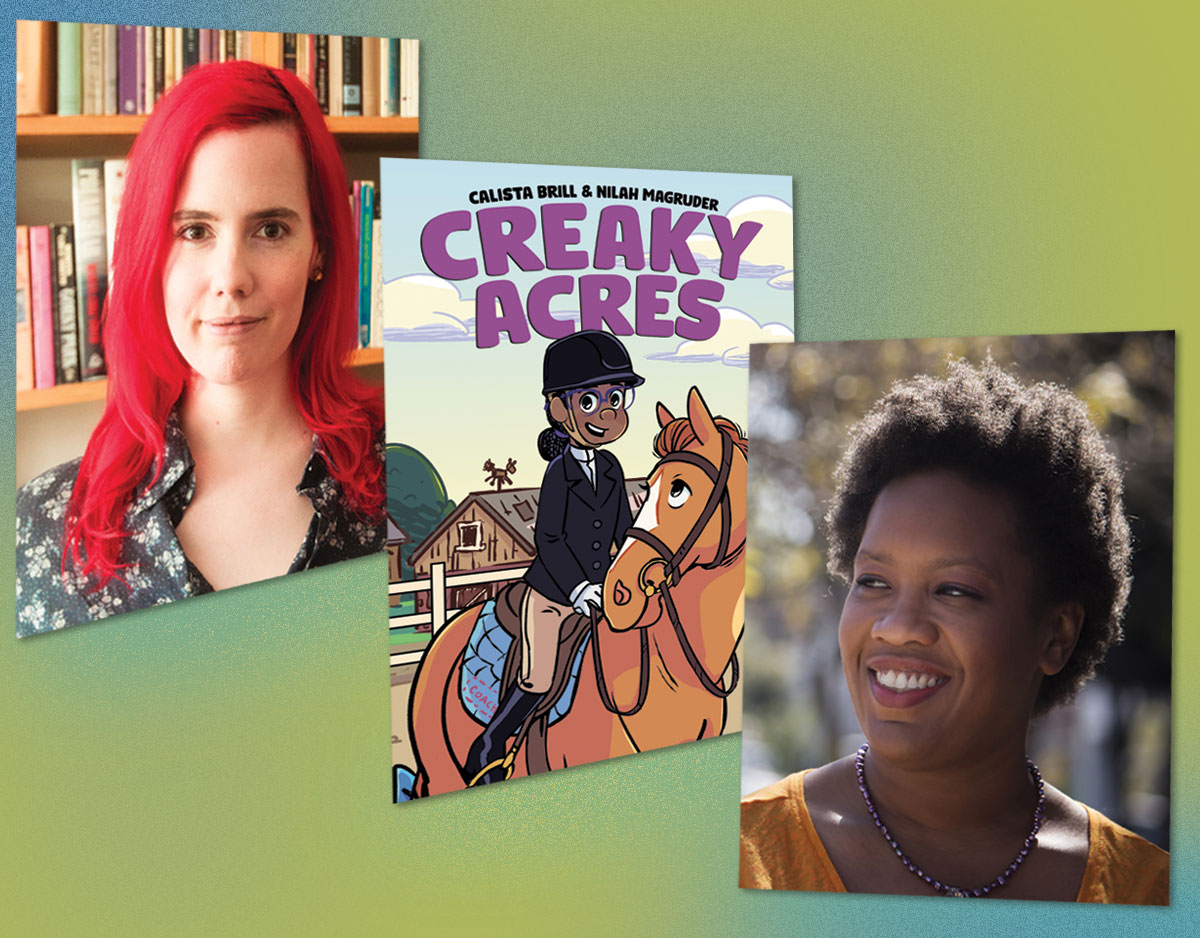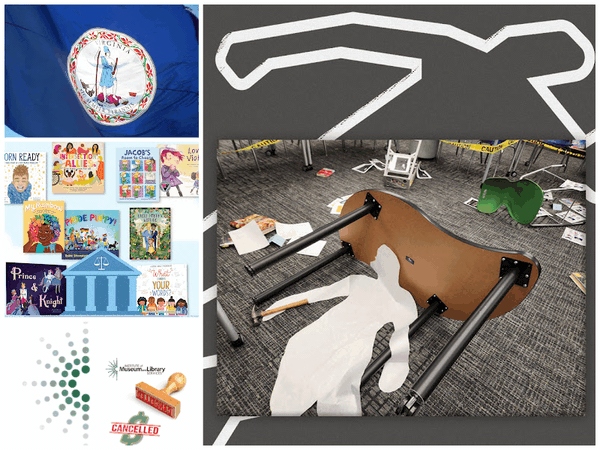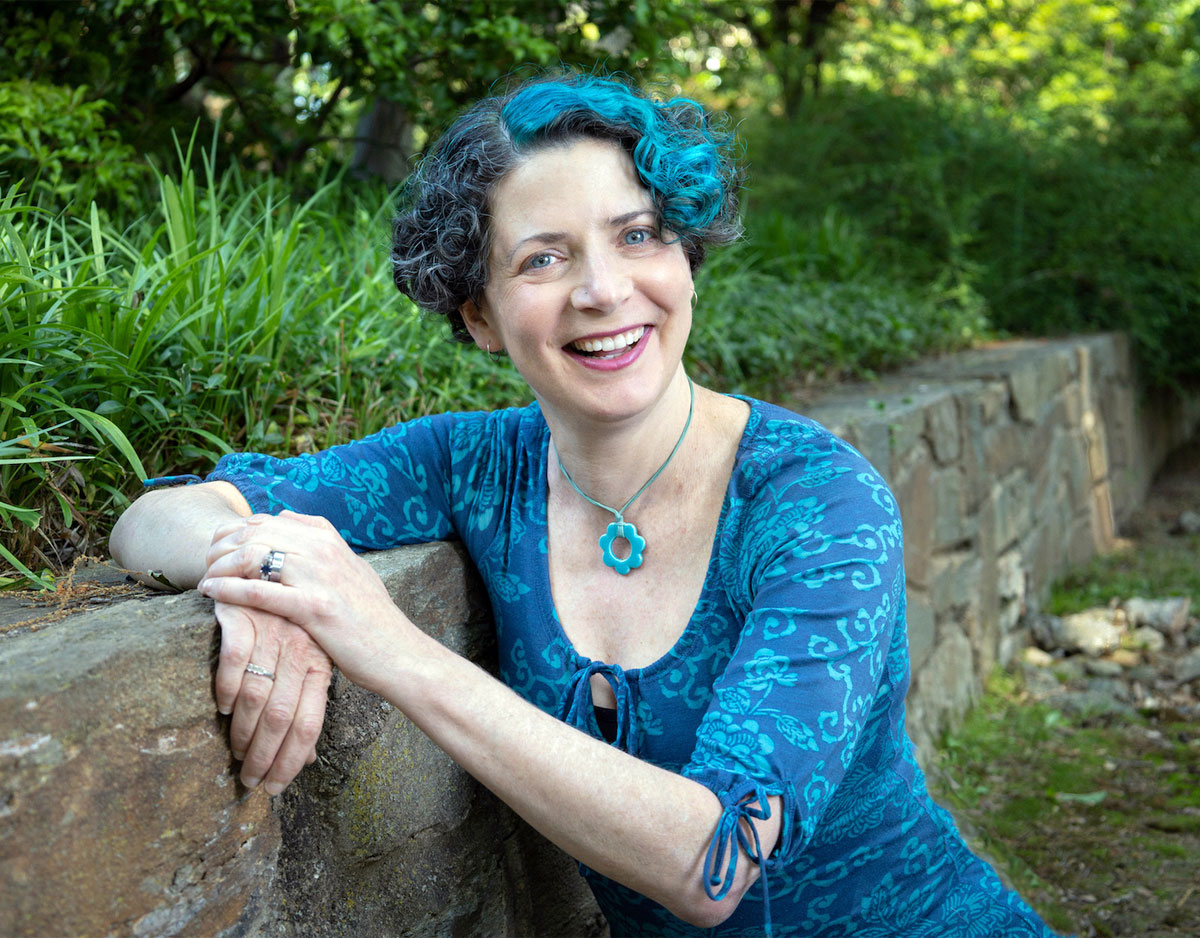SCROLL DOWN TO READ THE POST
Review: The Returning
The Returning by Christine Hinwood. Dial Books, an imprint of Penguin. 2011. Reviewed from ARC from publisher from ALA conference.
 The Plot: A young man comes home from war, returning to the small village he left as a boy. At first it seems that only Cam Attling, missing an arm, has been changed by the war, but it touches all in both large and small ways. People are freed from doing what they had always done, being who everyone expected them to be. Some changes are internal: the realization that one can leave, whether it’s leaving an abusive husband or just wanting a different life than one’s parents. Others are more obvious: a young woman, alone and abused, determinedly creating her own future; a second son suddenly becomes the heir; an arranged marriage upsets all a girl thought she knew about life, love and family.
The Plot: A young man comes home from war, returning to the small village he left as a boy. At first it seems that only Cam Attling, missing an arm, has been changed by the war, but it touches all in both large and small ways. People are freed from doing what they had always done, being who everyone expected them to be. Some changes are internal: the realization that one can leave, whether it’s leaving an abusive husband or just wanting a different life than one’s parents. Others are more obvious: a young woman, alone and abused, determinedly creating her own future; a second son suddenly becomes the heir; an arranged marriage upsets all a girl thought she knew about life, love and family.
The Good: How to explain this book? How to get you to read it, because, yes, I want you to. How to convey how much I love this book, and this writing, even though it was not easy. In truth, when I began I felt a bit cold towards it. I wasn’t sure when or where I was, just a place that was vaguely pre-Industrial and with some names vaguely familiar (Cam, Graceful) and others not at all (Pin, Edord, Vivrain.) Just close enough to something known (Edward, Vivian), yet not, to be discomforting. So, too, the geography — there is a Downlander Village and the talk of war, the war between the Uplanders and the Downlanders, with the Uplanders triumphant. (Note I read the ARC, which had neither the maps, table of contents, nor character list of the final version.)
ADVERTISEMENT
ADVERTISEMENT
The story is about Cam, about Cam’s return, and how war impacted him and others, but The Returning dances around this, first telling us a story from the point of view of his young sister who sees Cam as a stranger, then from Graceful, the young girl he’d been betrothed to before he left for war, from others of the Village, with Cam figuring in their stories at least a little. Karyn at Someday My Printz Will Come was enthusiastic and I respect her opinion about books and the language and craft of the book was lovely, so I kept reading.
 And then, it all just — clicked. Part of it had to do with realizing that I had to stop putting expectations on this book, about what it would or would not be, and just let it enfold me. Just let myself sink into Cam’s world without worrying about who was a main character and who wasn’t, and whether this world was European or Asian or something else. And I realized that what The Returning was about, was not Cam, or Pin, or Graceful, but was about war, and the impact of war on regular people and regular lives. The people who stay in the same village, well, as Cam’s mother wisely says, “there’ve always been taxes, new Lord or old.” Their losses are in the generation of men that did not come home; Cam alone returned. For others, those displaced, like young Diido, the loss is of home and comfort and security. There are families like Graceful’s that now have opportunities they would not have had before.
And then, it all just — clicked. Part of it had to do with realizing that I had to stop putting expectations on this book, about what it would or would not be, and just let it enfold me. Just let myself sink into Cam’s world without worrying about who was a main character and who wasn’t, and whether this world was European or Asian or something else. And I realized that what The Returning was about, was not Cam, or Pin, or Graceful, but was about war, and the impact of war on regular people and regular lives. The people who stay in the same village, well, as Cam’s mother wisely says, “there’ve always been taxes, new Lord or old.” Their losses are in the generation of men that did not come home; Cam alone returned. For others, those displaced, like young Diido, the loss is of home and comfort and security. There are families like Graceful’s that now have opportunities they would not have had before.
The reader learns more about Cam about a third of the way through, when his story takes center stage. Why did he go to fight, what he feels when he returns, and, most importantly, the ties he has with the “enemy” Uplanders are explored in rich detail as Cam tries to find his place in this new world. It’s not just the loss of his arm that prevents him from being the farmboy he was.
The Returning is a fantasy only in the sense that it is not our world; there is a medieval feel to this time and place, but no single thing ties it to our world enough to call it an alternate history. It is the villages changed by the War of the Roses, the aftermath of the Norman Invasion, the new Tudor rulers, World War I battle devastation. By removing the Lancasters, the Yorks, and any other familiar touchstone or name or place, Hinwood creates a place where the reader does not associate any one person or side with the “winner” or “loser,” the “good” or the “bad.” It answers the questions that I, as a history reader, wonder about – what happens to the people after the battles are fought? How do they live that next day, next month, next year?
The Returning was first published in 2009, in Australia, under the title Bloodflower. This is a situation where I like both covers, and each coveys a truth about the book, just different truths.
Because it managed to make me fall in love with it after I had already made up my mind not to like it. Because when I fell, I fell hard. Because Diido’s journey renewed my faith in people. Because there are is no good or evil, just people and power. Because it illustrated the power of choice, even when it seems there are no choices to be had. Because this world is fully realized and unique. For all these reasons, The Returning is a Favorite Book Read in 2011.
Filed under: Favorite Books Read in 2011, Reviews
About Elizabeth Burns
Looking for a place to talk about young adult books? Pull up a chair, have a cup of tea, and let's chat. I am a New Jersey librarian. My opinions do not reflect those of my employer, SLJ, YALSA, or anyone else. On Twitter I'm @LizB; my email is lizzy.burns@gmail.com.
ADVERTISEMENT
SLJ Blog Network
Newbery/Caldecott 2026 Spring Check-In
Remember (the) Maine: A Stroll Around Kittybunkport with Scott Rothman
5 Unlimited Access Digital Comics to Boost K–8 Reading | Sponsored
Fast Five Author Interview: Meg Eden Kuyatt
The Classroom Bookshelf is Moving
ADVERTISEMENT
ADVERTISEMENT







